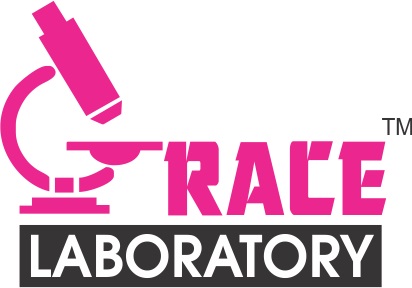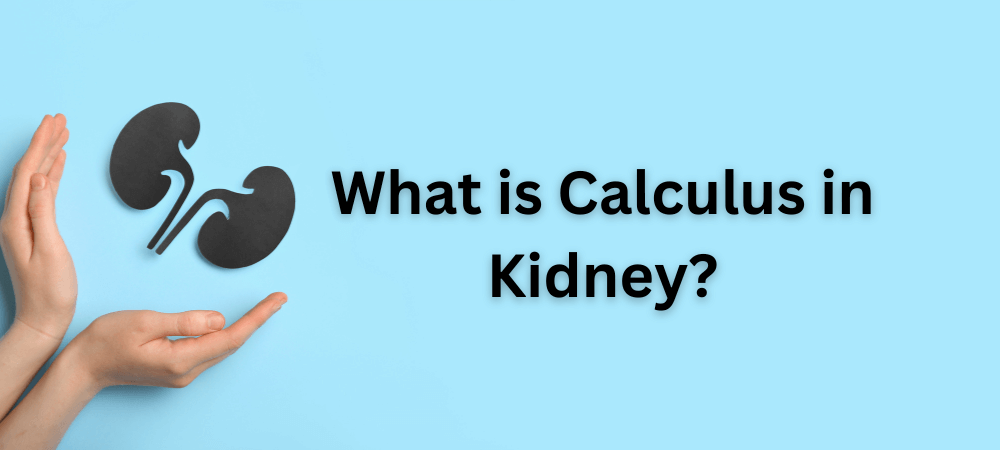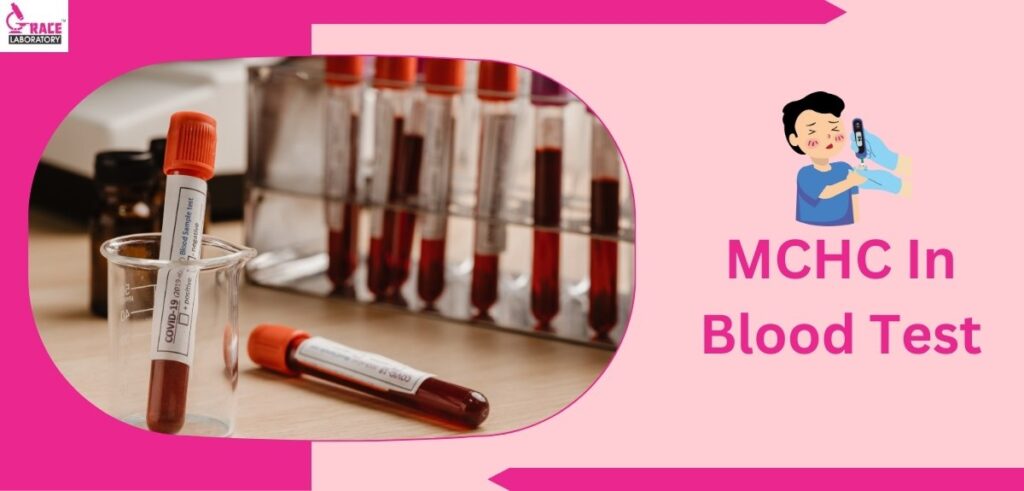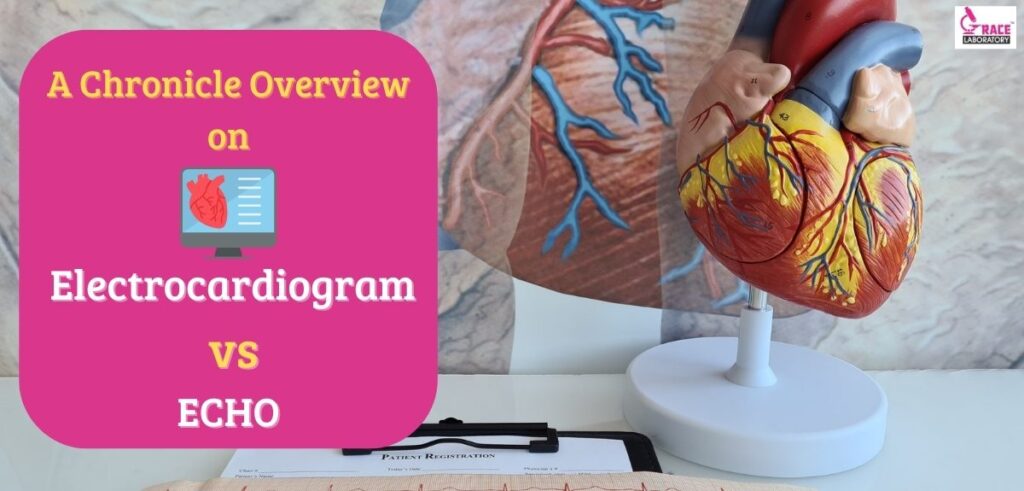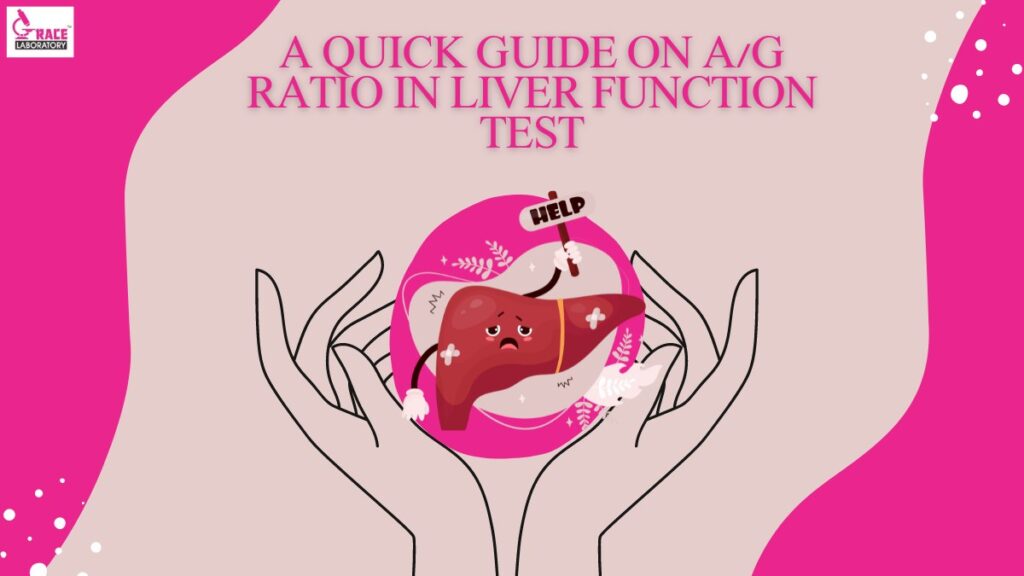The kidneys are vital organs for filtering waste and excess fluids, regulating electrolyte balance, blood pressure, and hormone production for red blood cell production. However, they can be damaged by unhealthy habits, genetics, and medical conditions, leading to complications like kidney calculus.
Have you ever experienced continuous sharp pain in your lower back that does not seem to disappear? If yes, there is a possibility of you having “calculi in the kidney.”
In this article, we will explore everything you should know about calculus in the kidney. So, keep reading.
Defining Calculus in Kidney
“Calculus in kidney” is a term used to describe a kidney stone or renal calculi. Kidney stones form when substances in urine like calcium, oxalate, and uric acid become highly concentrated and crystallize. These crystals stick together and form solid masses that vary in size and shape.
Usually, kidney stones develop in the kidneys and can result in severe pain and discomfort when they move through the urinary system. However, they can develop in any part of the urinary tract, including the kidneys, ureters, bladder, and urethra.
Causes of Calculus in Kidney
At some point in their lives, approximately 5% of the population experience the painful condition of kidney stones. They most commonly occur in people between the ages of 20 to 50.
Here are some common factors that can cause calculus in the kidney:
- dehydration
- obesity
- hyperparathyroid condition
- A diet that is rich in protein, salt, or glucose.
- gastric bypass surgery
- inflammatory bowel diseases that increase calcium absorption
- Consumption of medications such as triamterene diuretics, antiseizure drugs, and calcium-based antacids
What is a Non-obstructing Calculus in the Kidney?

When calculus blocks urine flow from the kidney or down the ureter, it is known as obstructive kidney stones. The blockage may be complete or partial, depending on the size and location of the stone.
On the other hand, non-obstructive calculus is those that do not block urine flow. However, they can also cause the commonly associated symptoms with kidney stones. And at some point, a non-obstructing stone may start moving and become obstructive.
How to Prevent Kidney Stones?
Minor adjustments in current diet and nutrition plans can help prevent kidney stones.
- Keep yourself hydrated
- Include more calcium-rich food in your diet
- Eat less sodium
- Eat fewer oxalate-rich food
- Eat less animal protein
- Avoid vitamin C tablets
Conclusion
While kidney stones can cause significant discomfort and inconvenience, several treatment options exist to address this problem. Various medications and procedures can effectively manage symptoms and facilitate the elimination of calculus in the kidney.
In addition, maintaining proper hydration levels and making dietary adjustments can effectively prevent kidney stones’ formation over time.
